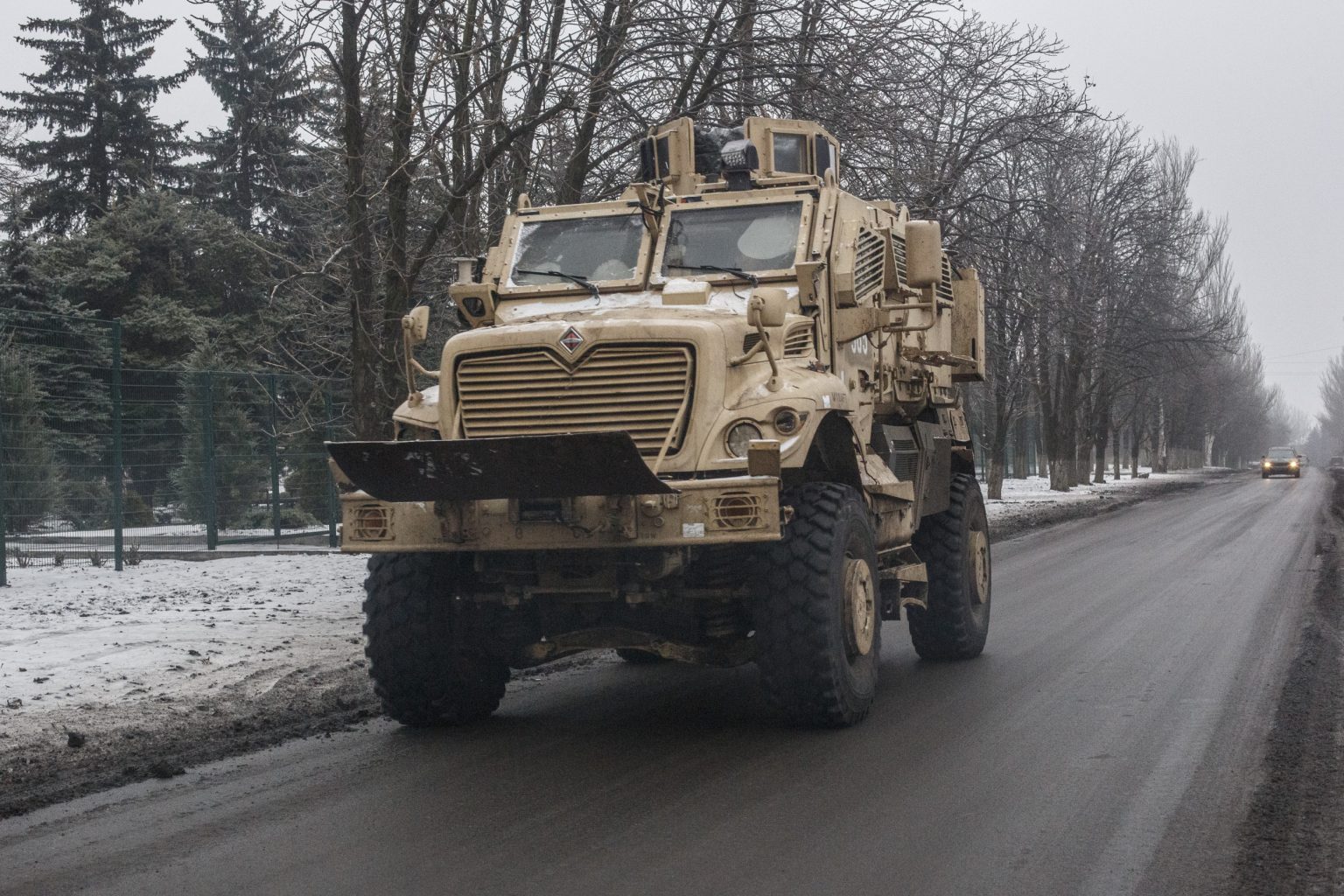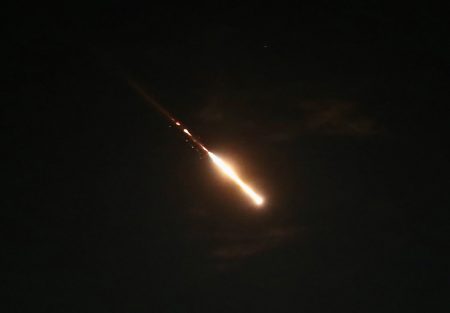A new report by the BILD newspaper suggests that delays in delivering NATO armored vehicles to Ukraine may be due to American and German red tape. Germany had earmarked MRAP armored vehicles for the Ukrainian military, with deliveries scheduled to begin in January. However, the delivery schedule has been repeatedly pushed back, with the first deliveries delayed until May and then again until June. The German Defense Ministry confirmed that none of the MRAPs have been delivered. Berlin has also reportedly downgraded the expected number of MRAPs from 200 to 100, with Defense Minister Boris Pistorius stating that 100 “armored infantry vehicles” will be provided by the end of the year.
The delays in delivering the MRAPs may be due to restrictive export permits from the USA to Germany, which have prevented the German defense company Flensburger Fahrzeugbau GmbH (FFG) from obtaining key American components needed to assemble the vehicles. Another possible reason for the delays is that the MRAPs have not yet been awarded certification for their explosive-resistant capabilities, which is required before export. Despite the delays, Kyiv is lobbying for more Western military aid as Ukrainian troops face intense Russian pressure along the frontline. Ukrainian commanders have expressed concerns about lacking the necessary munitions and weapons to counter Russian attacks.
Germany has been a significant backer of Ukraine, with Chancellor Olaf Scholz facing criticism for hesitance in providing advanced military capabilities like tanks and cruise missiles. Berlin’s latest assistance package announced in March was worth around $523 million and included nearly 200 vehicles and 10,000 artillery shells. German authorities had agreed to finance the delivery to a total of around $335 million, with the vehicles supplied by FFG. The firm acquires essential components for the vehicles from the USA. The delivery schedule for the MRAPs has been pushed back repeatedly, with the number of expected vehicles decreased from 200 to 100.
The Ukrainian military heavily relies on military supplies from Western partners, with Kyiv facing intense Russian pressure along the 900-mile frontline. Moscow’s forces seem to have the momentum, with Ukrainian troops lacking the necessary munitions and weapons needed to counter Russian attacks. The delays in delivering the MRAPs highlight challenges in providing military aid to Ukraine, with issues related to export permits and certification of capabilities causing delays in the delivery schedule. Despite the setbacks, Kyiv continues to lobby for more Western military aid to bolster its defense capabilities against Russian aggression. Newsweek is committed to challenging conventional wisdom and finding connections in the search for common ground, highlighting the importance of addressing challenges in delivering military aid to Ukraine.















